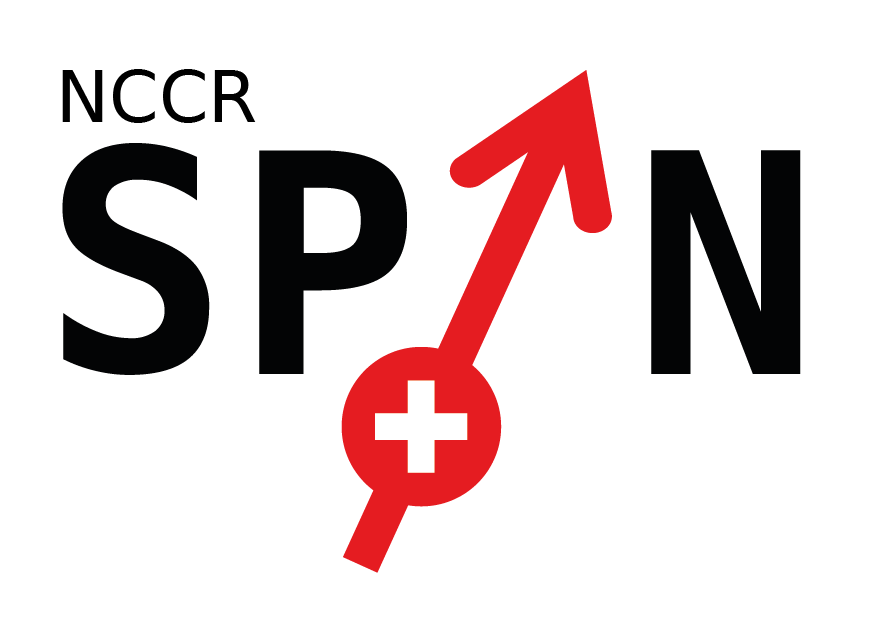The whole experience was enriching and widened my horizons. I have met many wonderful people passionate about physics with whom I would love to collaborate in the future.
Interview with Aleksandra Kukielka, INSPIRE Potential SPIN Master’s fellow 2022
Who are you?
My name is Aleksandra. I studied at AGH University - a technical university in Poland, where I earned my bachelor's degree in medical physics. For my master’s studies, I shifted to technical physics, as it offered courses aligned with my interests, such as quantum mechanics and solid-state physics.
What attracted you to take a (quantum) physics career?
I have always been curious and had diverse interests, which sometimes made decision-making challenging. In high school, I explored various disciplines, from STEM to humanities, before realizing that I was most drawn to the challenges of physics and mathematics. What fascinates me about physics is its ability to describe and predict complex natural phenomena through relatively simple equations. I also find it inspiring that these predictions can lead to experimental discoveries and practical applications.
How have you heard about the INSPIRE Potentials Fellowship? In what way did the fellowship help you in your research?
I learned about the fellowship through my supervisor who was familiar with the program.
The INSPIRE Potentials Fellowship gave me the opportunity to join the Condensed Matter Theory and Quantum Computing Group at the University of Basel. During my stay, I gained fresh perspectives on my project through discussions with experienced researchers. These conversations shaped my work and introduced me to new ideas. The experience was incredibly motivating and helped me grow as a researcher.
What is the topic of your master’s project?
My master’s thesis was part of a larger research project and focused on topological superconductors with magnetic impurities. These systems are of interest for their potential applications in fault-tolerant quantum computing, as they may host Majorana bound states. My work was primarily computational, involving simulations of systems with nonuniform magnetic properties. I investigated how certain configurations could mimic Majorana states, emphasizing their experimental implications.
What was the biggest challenge in your master thesis? What did you enjoy the most?
The biggest challenge was delving into topics that were not extensively covered in my coursework. I spent significant time studying scientific literature and acquiring new programming skills for numerical simulations. Despite the steep learning curve, I really enjoyed the process, especially the satisfaction of finding solutions for complex problems.
What did you learn through this experience?
Beyond the technical knowledge of topological superconductivity, I gained insights into the research process itself. I learned the importance of perseverance, effective time management, and the value of collaboration within the scientific community.
How was your experience living abroad? Was it the first time for you?
Moving abroad alone was a new experience for me. I arrived in summer, just in time for a traditional group retreat, where I got to visit the beautiful Swiss Alps and connect with fellow researchers. While adapting to a new environment required me to become more self-reliant, I was fortunate to meet supportive and welcoming people who made the transition smoother.
The experience was enriching overall, broadening my perspective and introducing me to wonderful individuals passionate about physics.
What are your plans for the future?
I aspire to continue contributing to research, possibly through a PhD, or by exploring other ways that allow me to stay engaged with physics, such as teaching or science communication.

